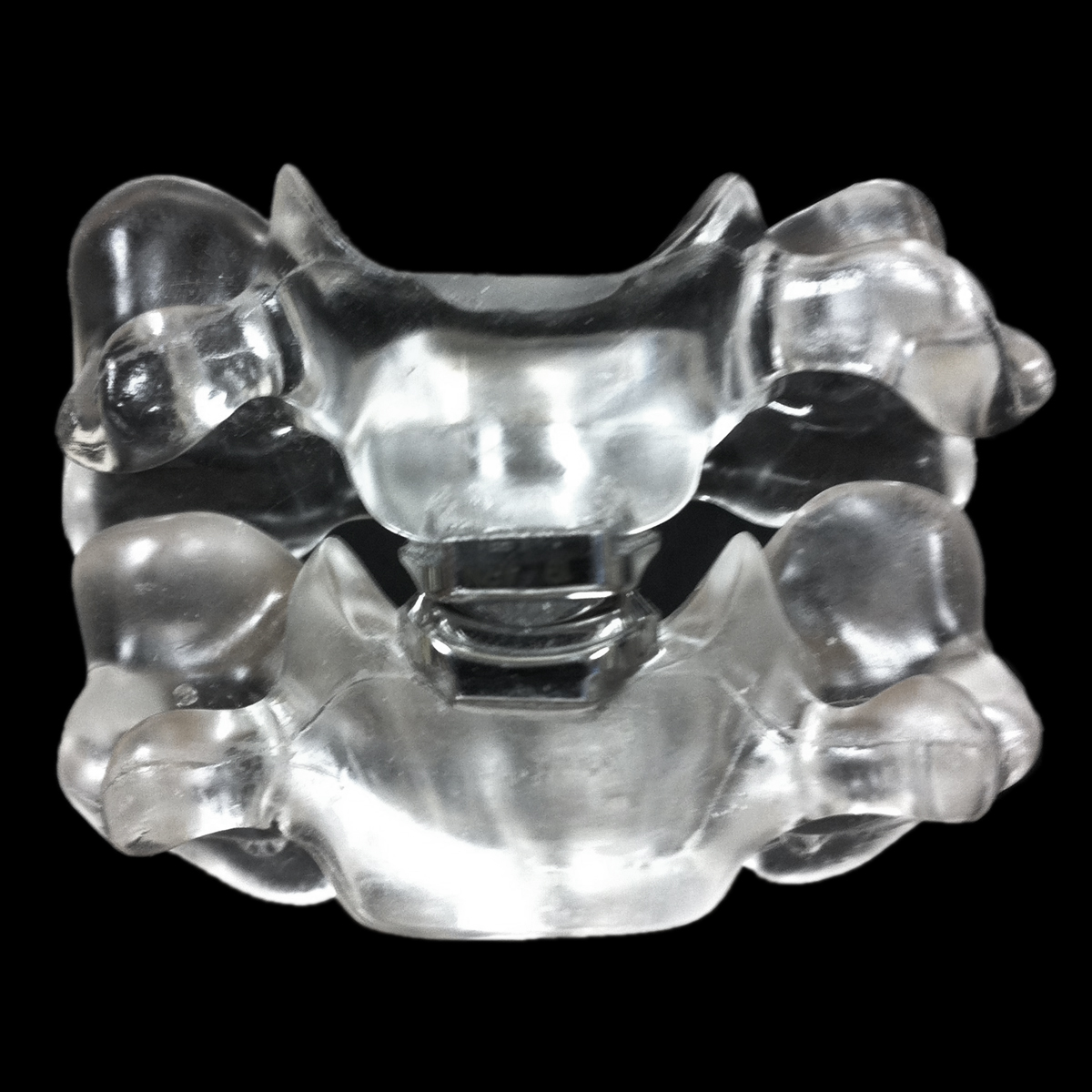Artificial Disk Replacement
Have you been told you need an Artificial Disk Replacement? Usually, it means you have had neck or back pain, and have not improved with conservative treatments. Assuming you have had appropriate treatments, but still have significant pain, artificial disk replacement may be an option for you.
But, there are certain questions you need answered before having the artificial disk replacement procedure.
1. Is it for my back or my neck? Of course there is a lot of research being done on this subject. I can say that often times, you can find research supporting almost every position. But, in general, the general trend supports the theory that cervical (neck) artificial disk replacement has better outcomes that lumbar (back) artificial disk replacement. Again, there are many theories on why, but the most common sense way to look at this is in terms of the original reason why we have disks in the first place. Disks are structures necessary to allow our spine to move our bodies, while allowing a conduit for our nerves to get from our brain to the respective body part. As you know, these nerves allow you to control your body functions including your muscles, and ability to feel things. The disks are the flexible part of your spine that allows movement, while protecting the nerves. The disks act as shock absorbers, spacers and ligaments.
The disks in the neck need only to support the weight of the head, But, the disks to the lower back, must support the whole body, as well as take the stresses associated with movements of the legs. In plain English, the lumbar disks see alot more stress, and forces than the cervical disks. That is why there is much more back pain than neck pain. In this same line of discussion, cervical artificial disk replacement is often more successful than lumbar artificial disk replacement.
2. Are the facet joints of that particular level normal? When you perform a standard artificial disk replacement, you are replacing the disk structure to the front of the functional spine unit. But, we need to understand the motion associated with the disk, also must be coupled with motions of the two facet joints on the back of the functional spine unit. If you have deteriorating facet joints, or pain from those joints, artificial disk replacement may not be your best option.
3. Is the procedure covered by your insurance? Artificial disk replacement is still considered experimental, or is a non-covered benefit for certain insurance companies. Also, not all the artificial disk replacement devices have received FDA clearance. Please make sure you understand these issues in reference to your particular recommended artificial disk replacement.
4. While there is some supporting data, long term (greater than 15 years) data is still lacking. Make sure you understand your options should the artificial disk replacement procedure is not successful.
5. Based on my personal experience as a Spine Surgeon, cervical artificial disk replacement shows good promise, and I am hoping long term data will show that use of these devices will decrease the development of adjacent level disease. Lumbar disk replacement has been very successful in the hands of a few of the most experienced artificial disk replacement surgeons. If you are considering a lumbar artificial disk replacement, consider seeing a surgeon with the most experience in your community.
Citations
- Resnick DK. Long-term kinematic analysis of cervical spine after single-level implantation of Bryan cervical disc prosthesis: a review. Spine J. 2013 Jun;13(6):635-6. PubMed PMID: 23747195
- Lehmberg J, Meyer B. Anterior cervical discectomy and implantation of an artificial disc (Prestige, Medtronic). Eur Spine J. 2013 Mar;22(3):675-7. PubMed PMID: 23430100
Last modified: January 5, 2018










